As the Year 1 neighbourhood moves through our inquiry cycle, from connecting our ideas, to expanding our knowledge, we come to the next stage: applying what we know.
What started as a small idea to reinvigorate our courtyard space has taken a journey through workshops, research, special guest speakers and a conceptual playworld – all to bring us to where we are now. Through our workshops, we learned what types of plants were best suited to our environment, then costed them out using our money skills. We mapped the courtyard space and are now using our knowledge of arrays to think about how the plants might be best placed in the garden bed. How much room do they need? How many can we fit? Once we have done this planning (just in time for the warmer weather) we will roll up our sleeves and get digging!
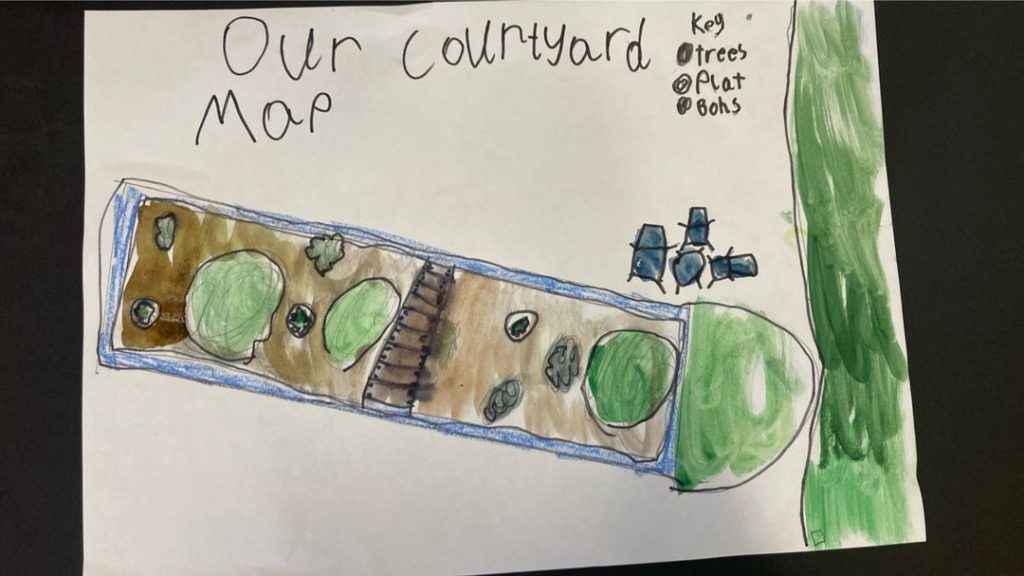
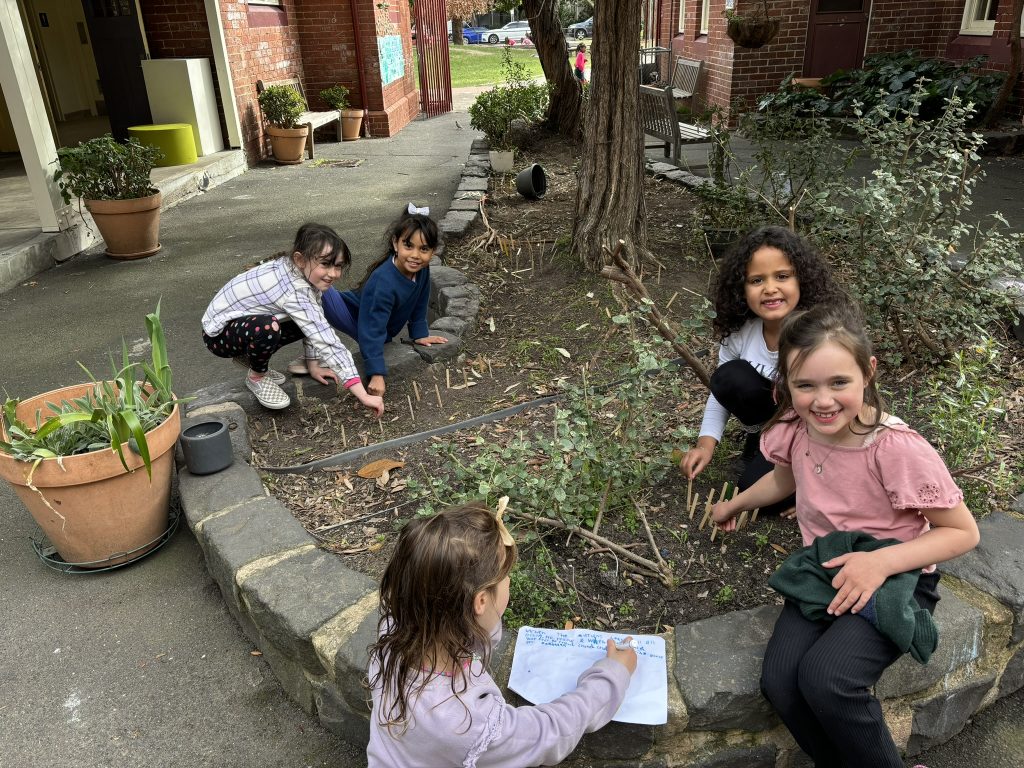
In the mean time, we have also continued our investigation into the water cycle to consider how best to care for our new plants. The Water Story Project has not only helped us to think about protecting our own water sources, but reminded us of the importance of water to Country. The connection to Country was also an important part of our discussion about native flora, using the book The Trees by Victor and Sandra Steffensen. We presented our research on bush tucker plants, and our persuasive writing pieces on Saving the Trees, making many good arguments about the importance of these in our ecosystem.
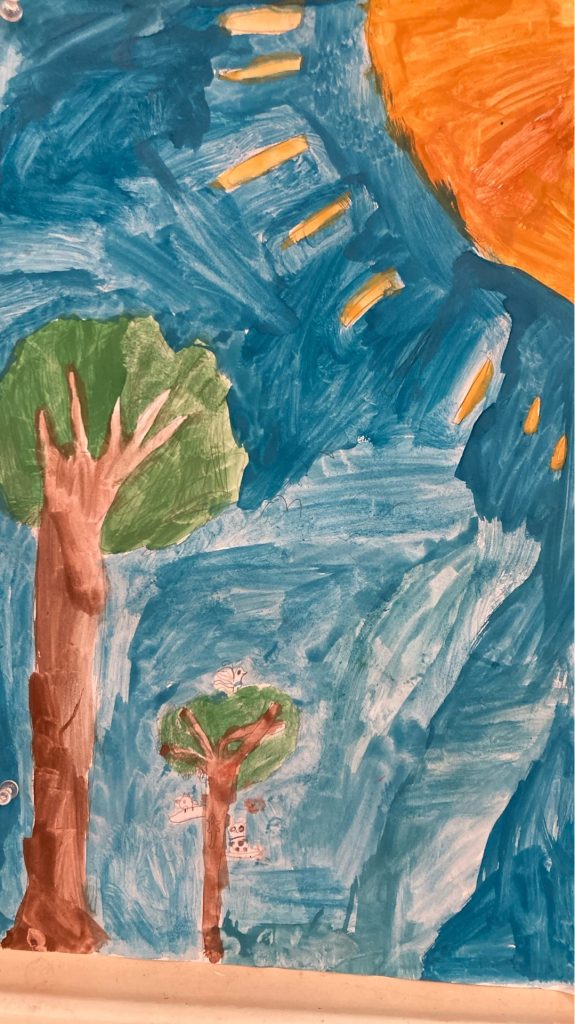
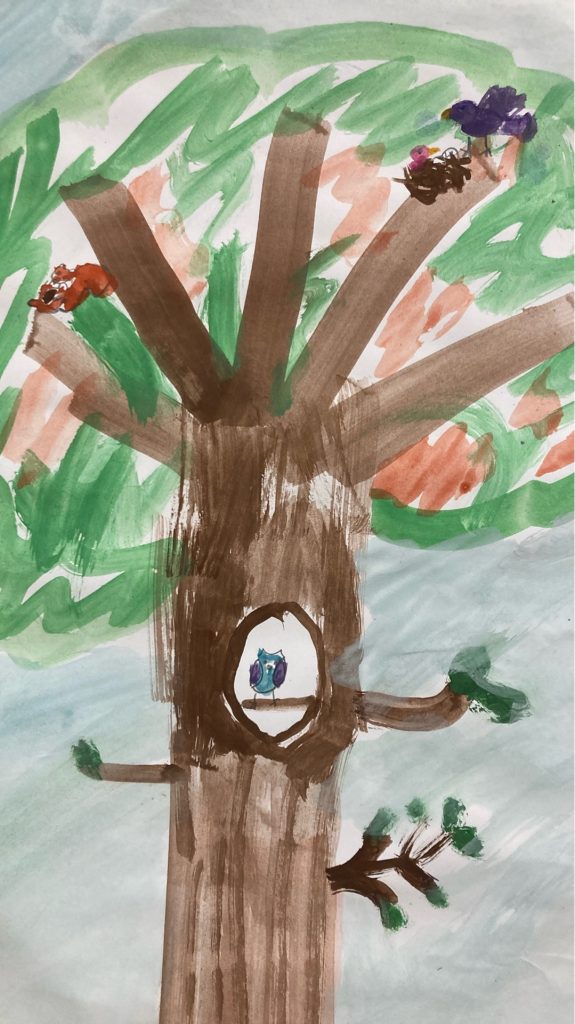
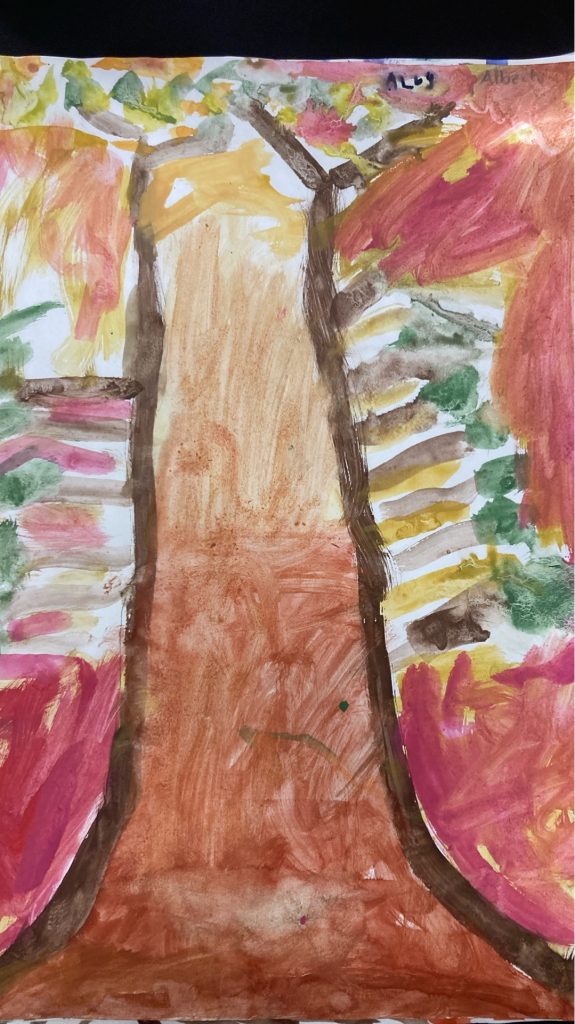
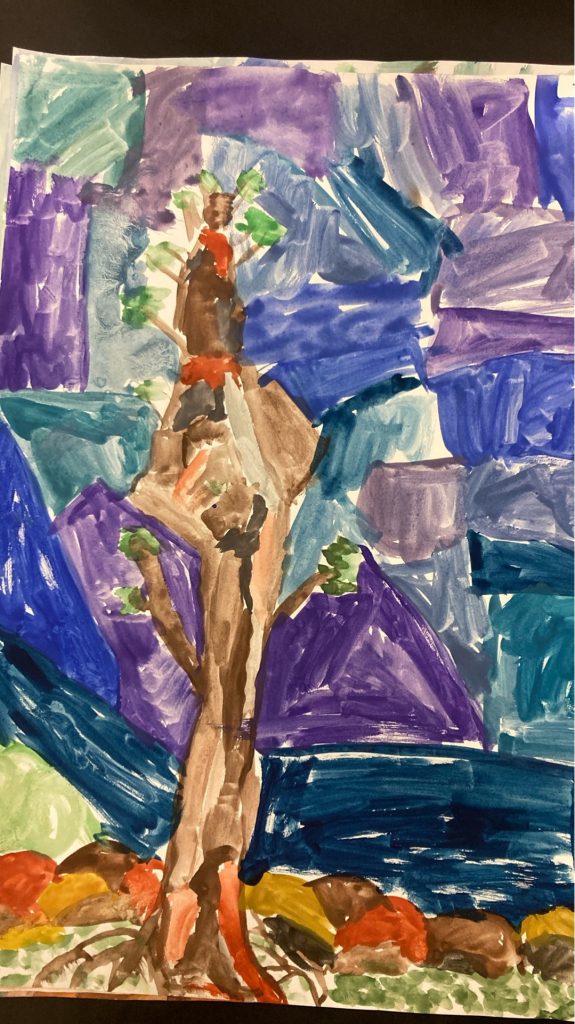
Our provocations have continued to inspire students to think about the themes of ecosystems and sustainability. Our Beebot mazes have helped the bees find the bug hotels in our pretend courtyard space, and we have experimented with different drawing mediums to document the plants that we find.
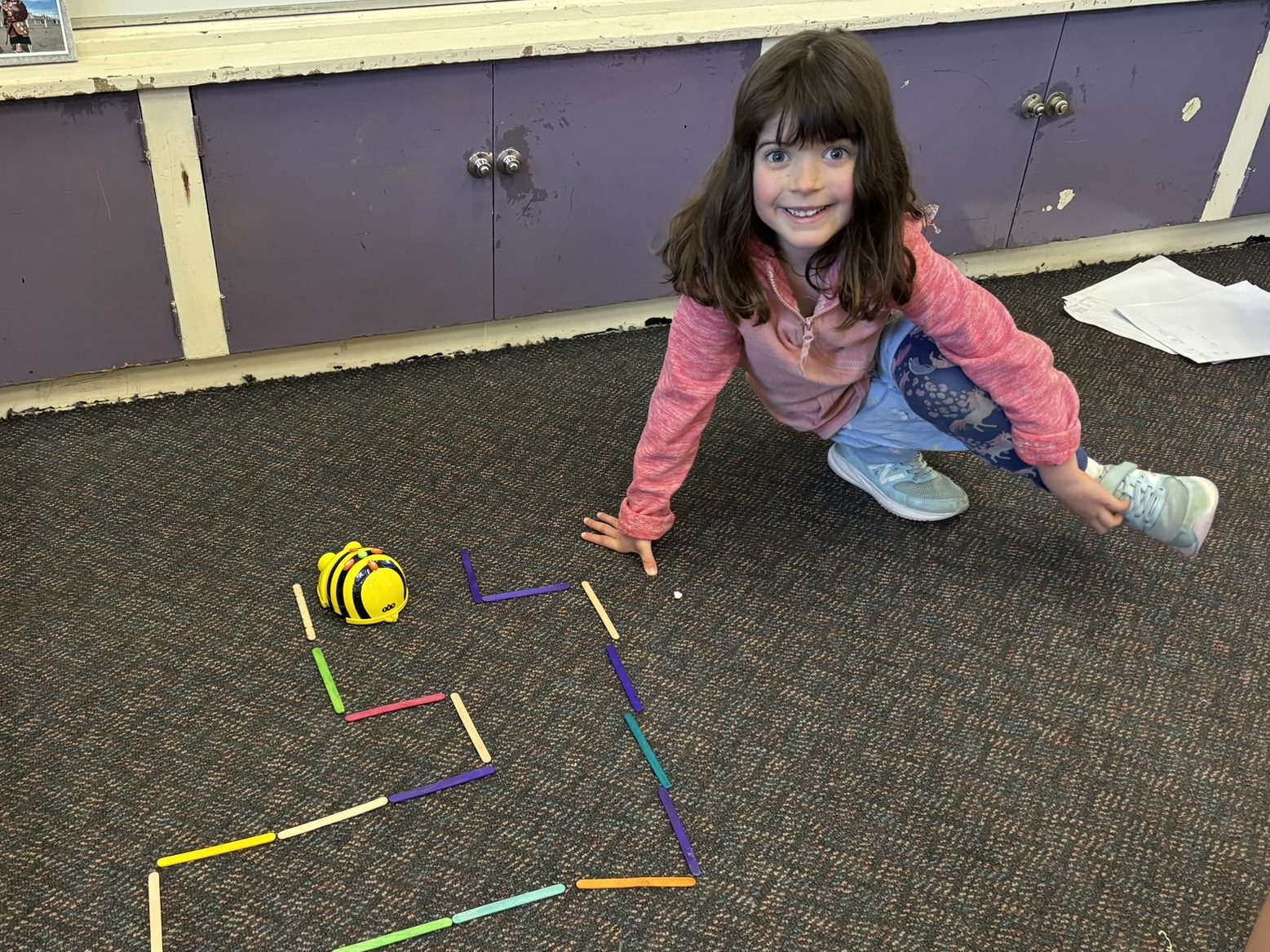
As our inquiry progresses, the students continue to drive their own learning, suggesting provocations and shaping our workshops. In response to data collected about students’ dispositions towards maths, we used our mapping skills to design our own theme parks, removing some of the notions that maths wasn’t “fun”. We also set up a Maths Station in provocations to include more games and, after ploughing through all of the resources in the classrooms at quite a pace (see, maths is fun!), students decided that the best way to expand this set of resources was to make their own games.
There is no shortage of imagination in the Year 1 neighbourhood, so when asked to make games that both included maths challenges and connected to our collective inquiry, the topics were very diverse! We look forward to playing such games as ‘Trees and Trunks’ (where you have to answer questions to finish before the weeds take over the native trees) and ‘Mermaids and Pirate Race’ (where you need to collect sea birds and clean the water before the pirates’ rubbish fills the sea).
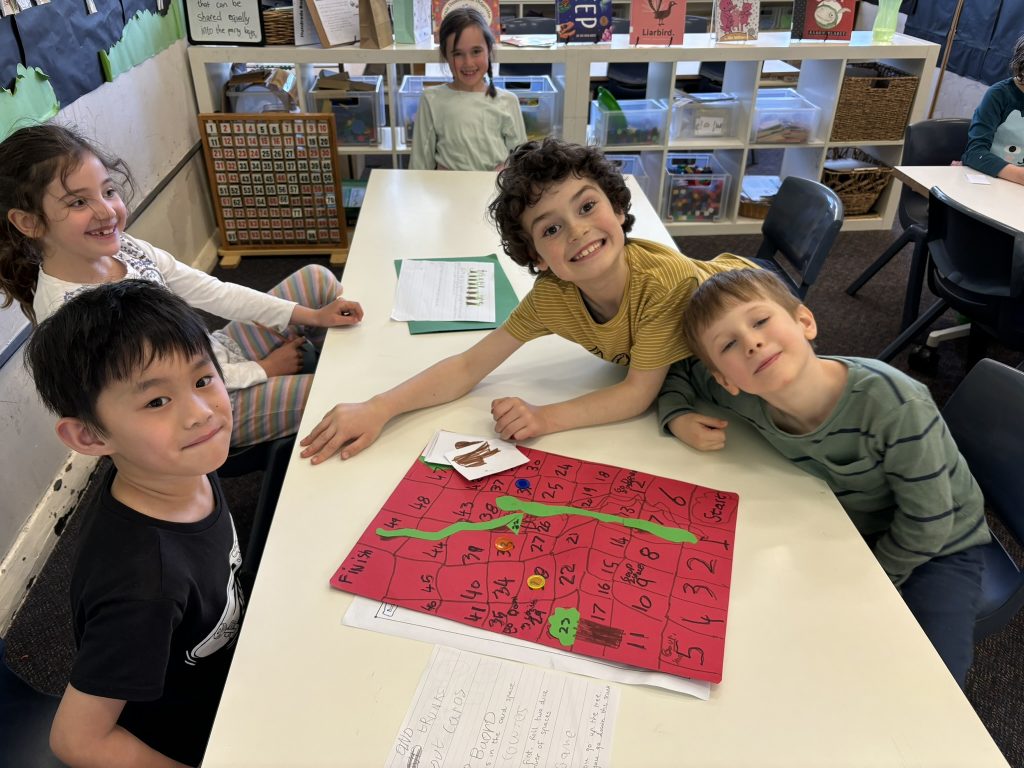
A focus for the teachers’ Professional Learning Community for Term 3 has been goal setting and how this relates to tracking students’ progress. As part of the PHPS model, students have always been encouraged to develop their voice and agency in their learning, and this is evident as we make student conferencing and goal setting more explicit in the neighbourhood.
Students are encouraged to ask questions of themselves during provocations and workshops, including: What am I learning? What skills am I developing? Is this learning new for me? Fortnightly conferencing asks students to think about what is going well for them in their learning, what they might be finding challenging, and what the teachers can do to help further students’ knowledge. Weekly neighbourhood goals also help to give students overarching elements of Quality Thinking (part of our New Metrics research) to works towards. In Week 5 we looked at improving our communication skills, and Week 6 has had a focus on being systematic in our learning.
On top of all that, Week 6 has been a busy one with Tabloid Sports on Thursday and Book Week celebrations on Friday. You can read more about these in Talking Point and on the Library blog.
Stay tuned to hear more about our inquiry, including how we can see some other elements of water conservation up close in our visit to CERES on September 9!
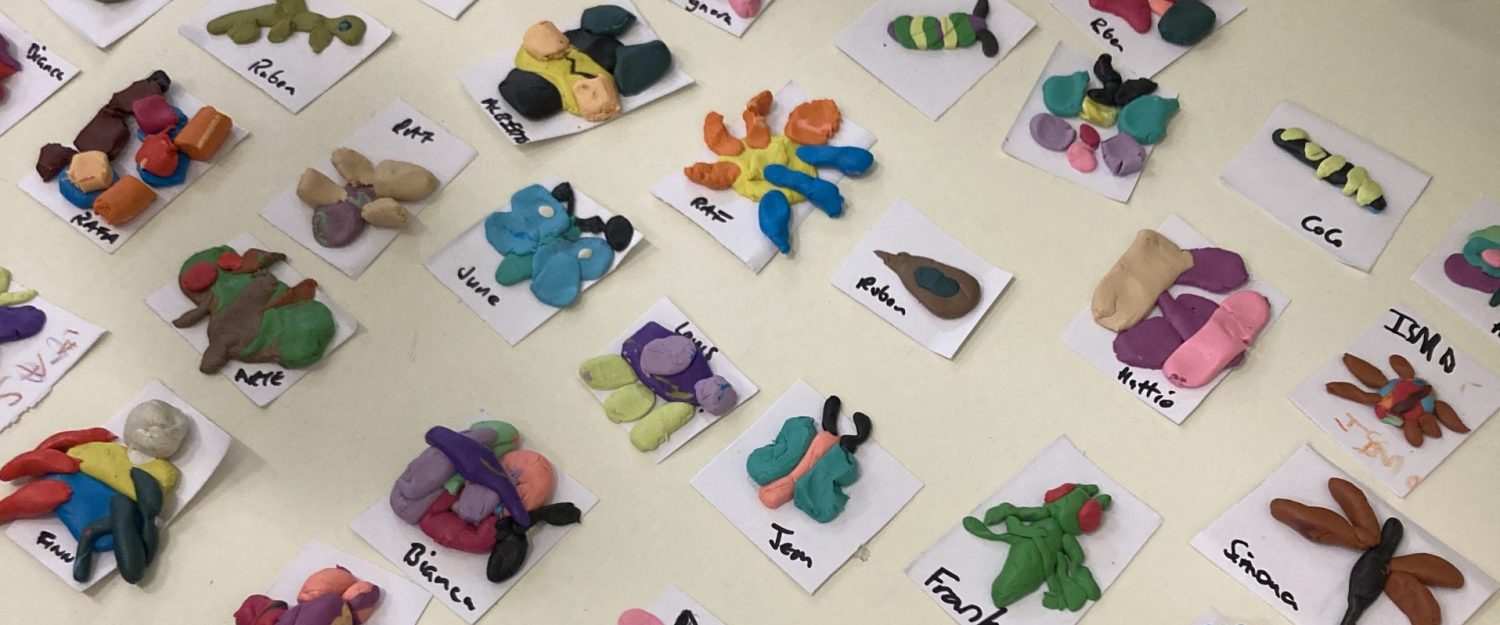
Thanks Bethany, great summary – much appreciated. Issy has been loving the different learning activities, so we really appreciate the thought you’ve been putting in 😃